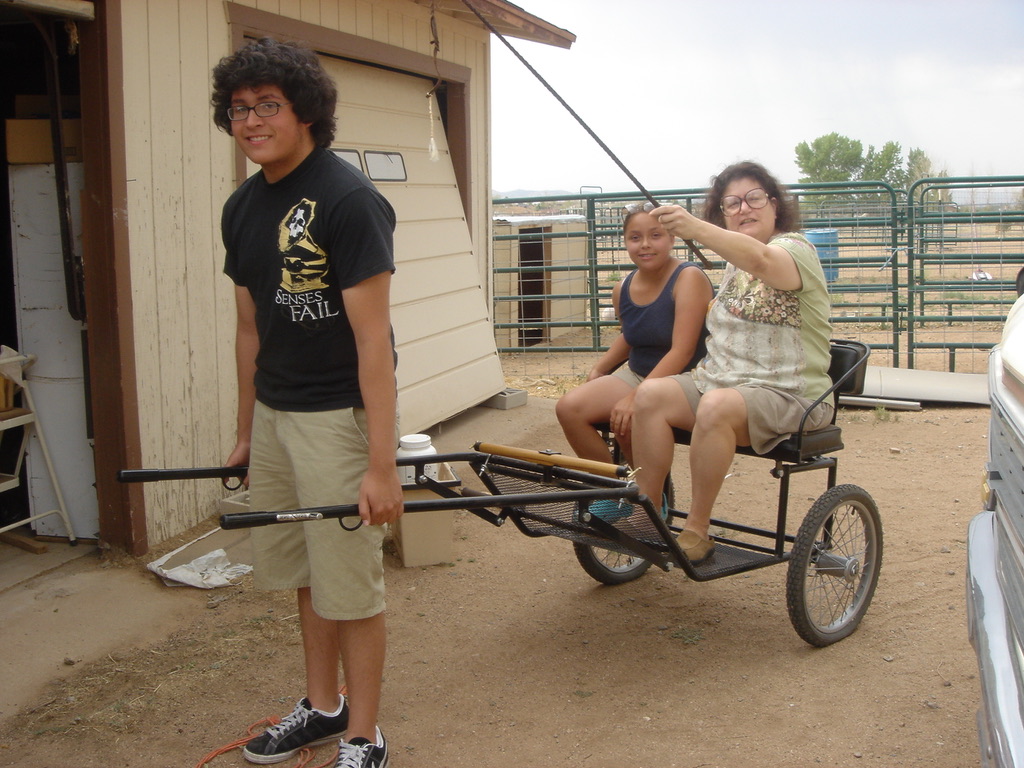Day 11: Carrying the Burden
I’ll never forget the moment I realized my mother wasn’t going to live forever.
My mother had called me, she was being admitted into the hospital. I flew in on that redeye, driving from Orlando to my hometown. She woke up when I entered. She started crying.
I’m sorry for making you come here.
She knew about my new job after grad school, which mattered to her, but at that moment, only she mattered to me.
The hug we shared wasn’t the same. I felt how much she had changed—her body thinner, weaker. Her confidence, that sharpness she always carried as an ER doctor, was gone. A tremor ran through her.
I sat down beside her, and the realization hit me hard: My mom wasn’t invincible. One day, she would gone.
That day drained me. I watched her suffer, helpless, as she tried not to be a burden. She downplayed everything, refusing to admit how bad it was. I fought for her, tried to get her the care she needed. They say doctors make the worst patients—I saw that firsthand. My mom’s flaw was never wanting to be a bother, and it left me battling the system on her behalf.
After a couple of days, the color must’ve drained from my face because she noticed.
Daniel, I’m not going to die. I’m going to be okay. I’m just sick right now.
She held me, comforting me like I was a child again.
But part of me had already broken. The reality that one day she wouldn’t be there. That I wouldn’t be able to hug her, call her, or share my day with her—was sinking in.
During this visit or during the few months left, we never addressed my mom’s mortality, and I wish we did. I wish we had talked about how to prepare me for losing her, how to help my sister afterward. I wish we talked about how she coped with losing her own mom and dad, if she was scared, if she longed for her parents in those moments, or if there was anything she might have done differently in her own grief.
As I reflect, I understand why we didn’t. Facing your own mortality is often a terrifying reality. It’s one thing to acknowledge that the only constant in life is death; it’s another to speak it aloud. I know my mom wanted to focus on living rather than dying. Maybe she avoided the topic to spare us the pain, hoping to keep our remaining time free of the looming shadow of death.
This visit also marked a pivotal shift. Seeing me break down, scared, transformed me back into a little boy in her eyes. Our relationship regressed from adult-adult back to parent-child. Before this, we would discuss life, my career, her career. She listened, supported, and uplifted without ever belittling my struggles. She gave guidance when asked but trusted me to manage my own life. However, after that visit, we never regained our adult-adult dynamic.
It took years to realize I resented this regression in our relationship. From that point to her death two months later, I was her child again. She hid her deteriorating health, her falls, her struggles with daily tasks. She was scared but begged others not to tell me, and they didn’t.
I forgive you, mom.
In this protection, there was love. Although I believe it hurt more than helped, I can now appreciate that this was her final act of love—a mother protecting her son.
My mother’s greatest flaw was her insistence on not being a burden, which ultimately took her away.
I wish she had shared her burdens with me. Her secrets and silence, in trying to spare me, became the heaviest burden of all.
